Shabbat
Kneading (Lash) on Shabbat: Practical Halachic Guidelines
Understanding the Melacha of Lash (Kneading) and Its Applications Today
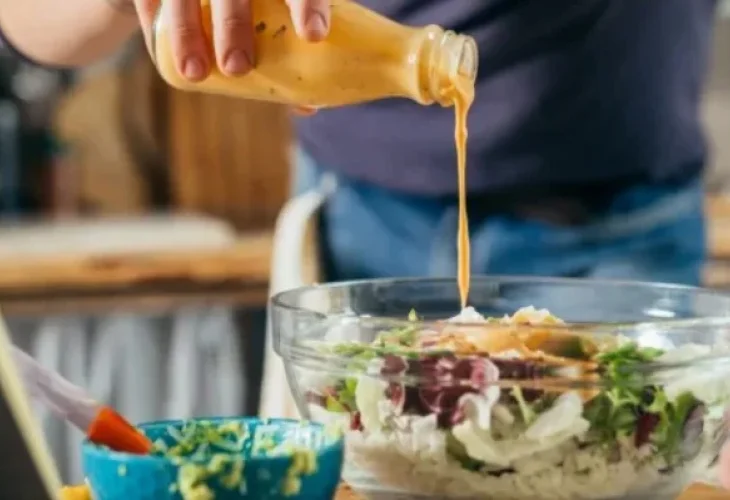 (Photo: shutterstock)
(Photo: shutterstock)What is Lash (Kneading)?
The melacha (forbidden labor) of lash on Shabbat involves binding small particles together into a unified mass through the process of kneading. A classic example is taking flour, which consists of individual grains, and mixing it with water to create dough.
Historical Source
Like all melachot that are forbidden on Shabbat, lash finds its origins in the construction of the Mishkan (Tabernacle). In the Mishkan, certain herbs and spices (samamanim) were ground and sifted into fine powders. Water was then added, and the mixture was kneaded into a single cohesive mass. This activity serves as the source for the prohibition of lash.
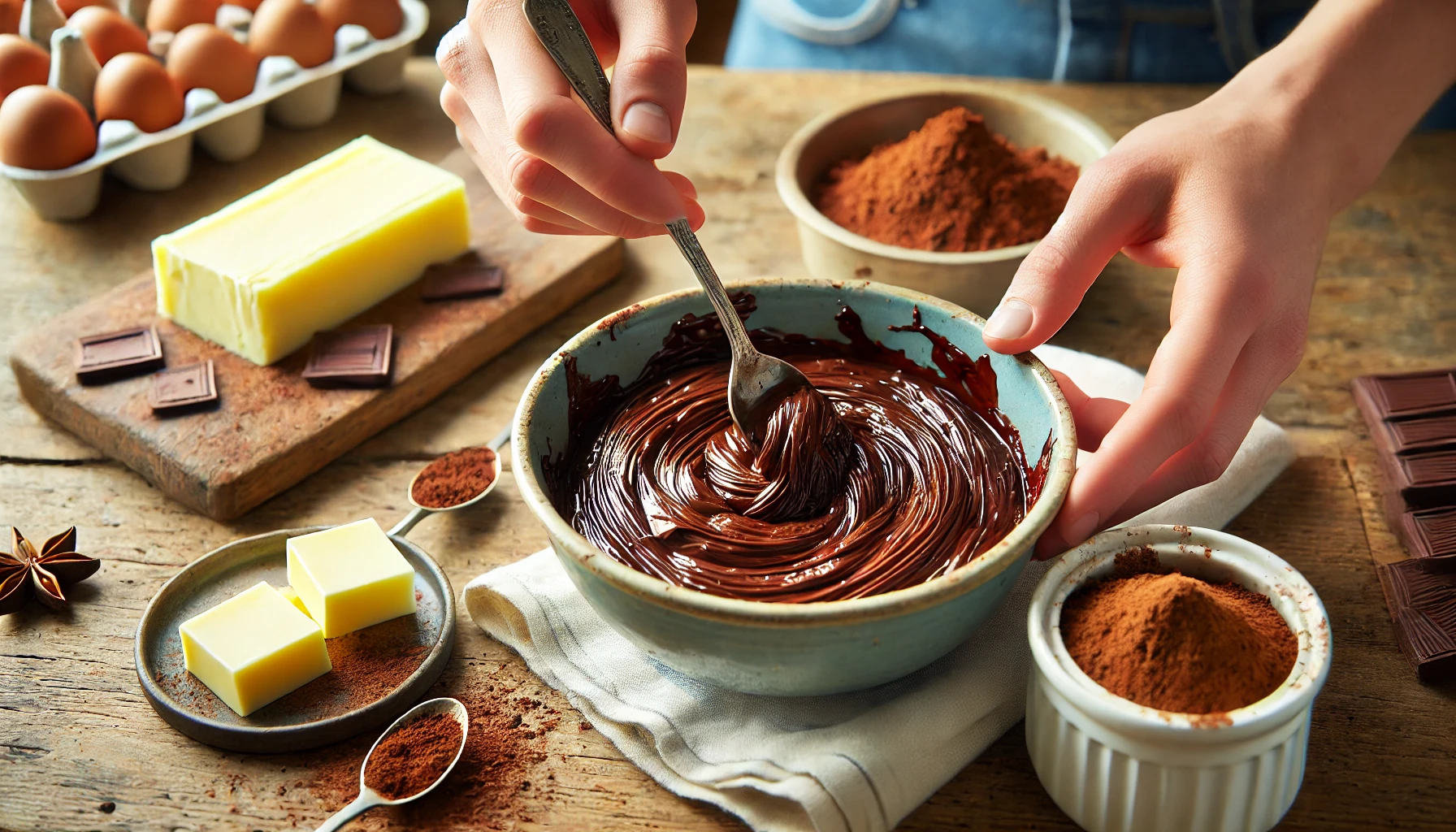
Av Melacha (Primary Form)
The primary melacha of lash applies specifically to substances grown from the ground, such as flour. When something grown from the ground is mixed with liquids (such as water, honey, or other liquids) and kneaded into a thick dough-like mass, one violates the Torah prohibition of kneading on Shabbat.
Toladah (Secondary Forms)
Creating thick mixtures from materials such as clay, cement, or plaster similarly constitutes a secondary form of lash, since kneading and forming a cohesive substance mirrors the original melacha.
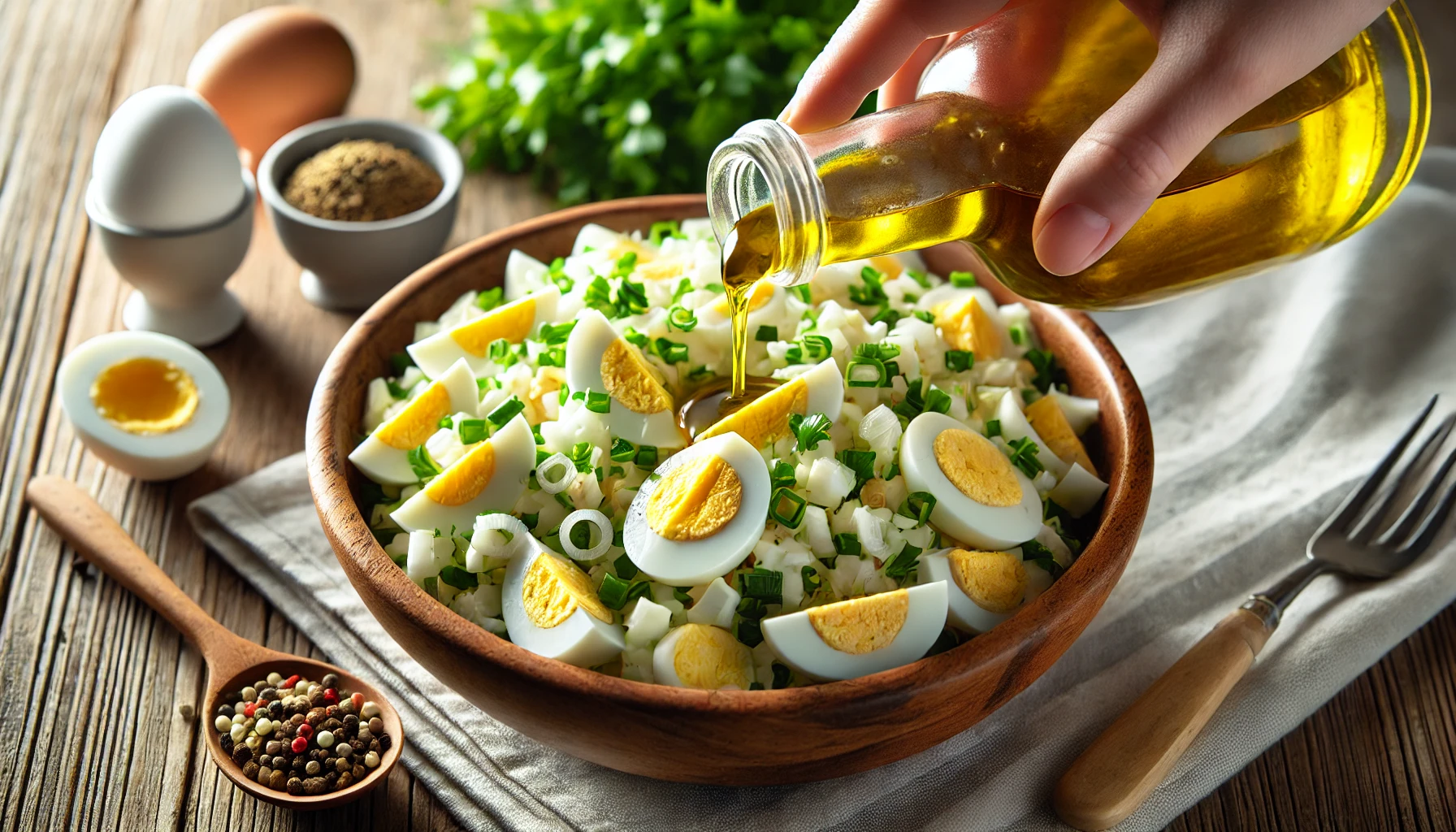
Practical Halachic Applications
1. Thick versus Thin Mixtures
According to Torah law, lash applies specifically to thick mixtures, like thick oatmeal. However, rabbinic law also forbids creating thin mixtures, meaning mixtures with enough fluid that can easily be poured from one container to another.
Even when making a permitted thin mixture (as outlined below), one should immediately pour in all liquids at the start of mixing to avoid even briefly forming a thick paste.
2. Dissolving Powders Completely in Water
Products that fully dissolve into liquids, such as sugar, instant coffee, or cocoa powder, do not involve the prohibition of lash, as they do not create a cohesive mass.
3. Chocolate Spread Mixtures
It is forbidden to mix butter or margarine with cocoa powder to form chocolate spread on Shabbat, since this creates a thick paste, violating lash.
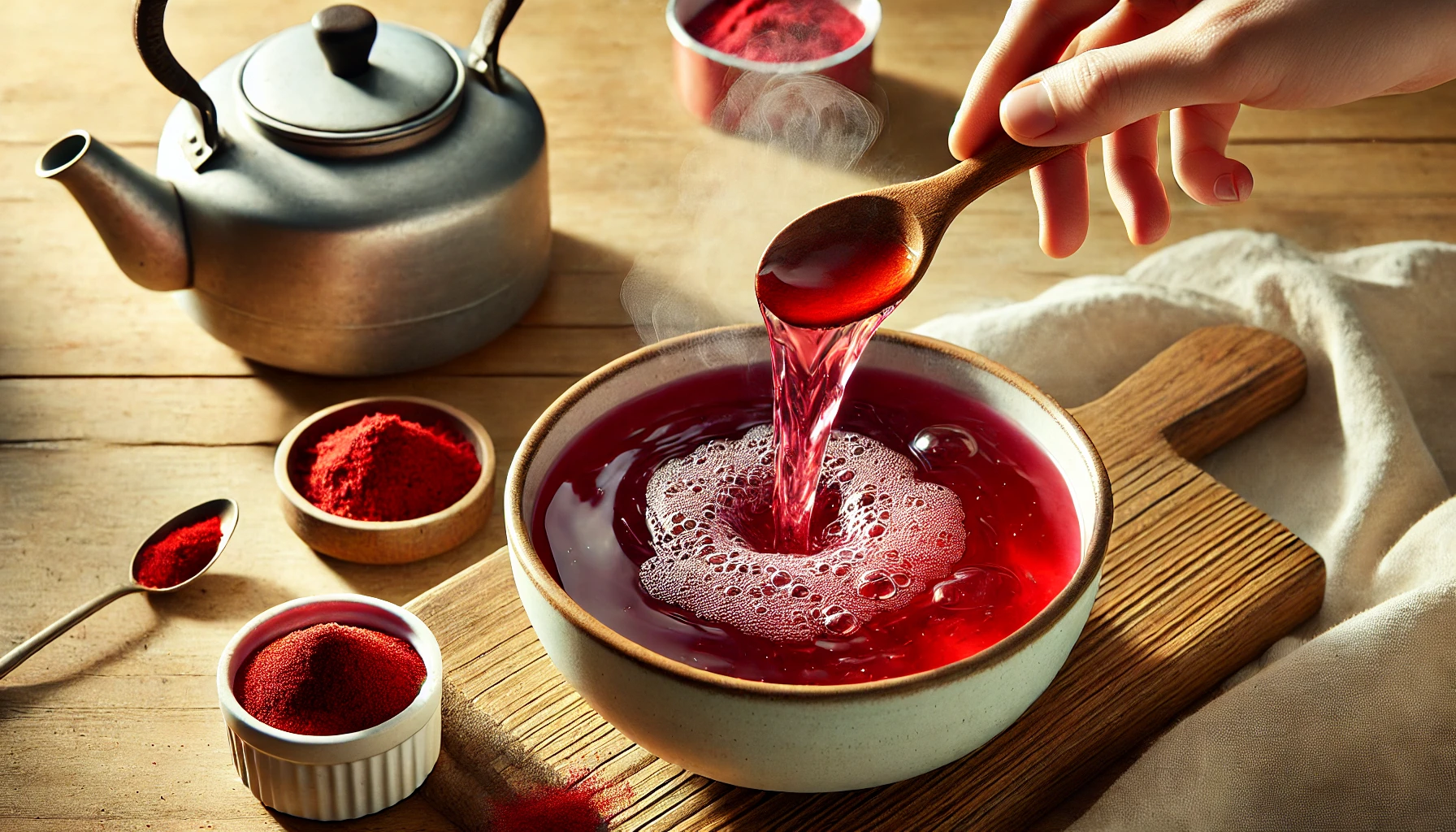
4. Instant Potatoes or Jello Mixes
One may not mix water into instant mashed potato flakes or gelatin powder on Shabbat, as this results in a thick, dough-like substance.
5. Adding Oil to Vegetable Salad
Adding oil to a vegetable salad is permitted because the oil does not cause the salad ingredients to form a cohesive mass.
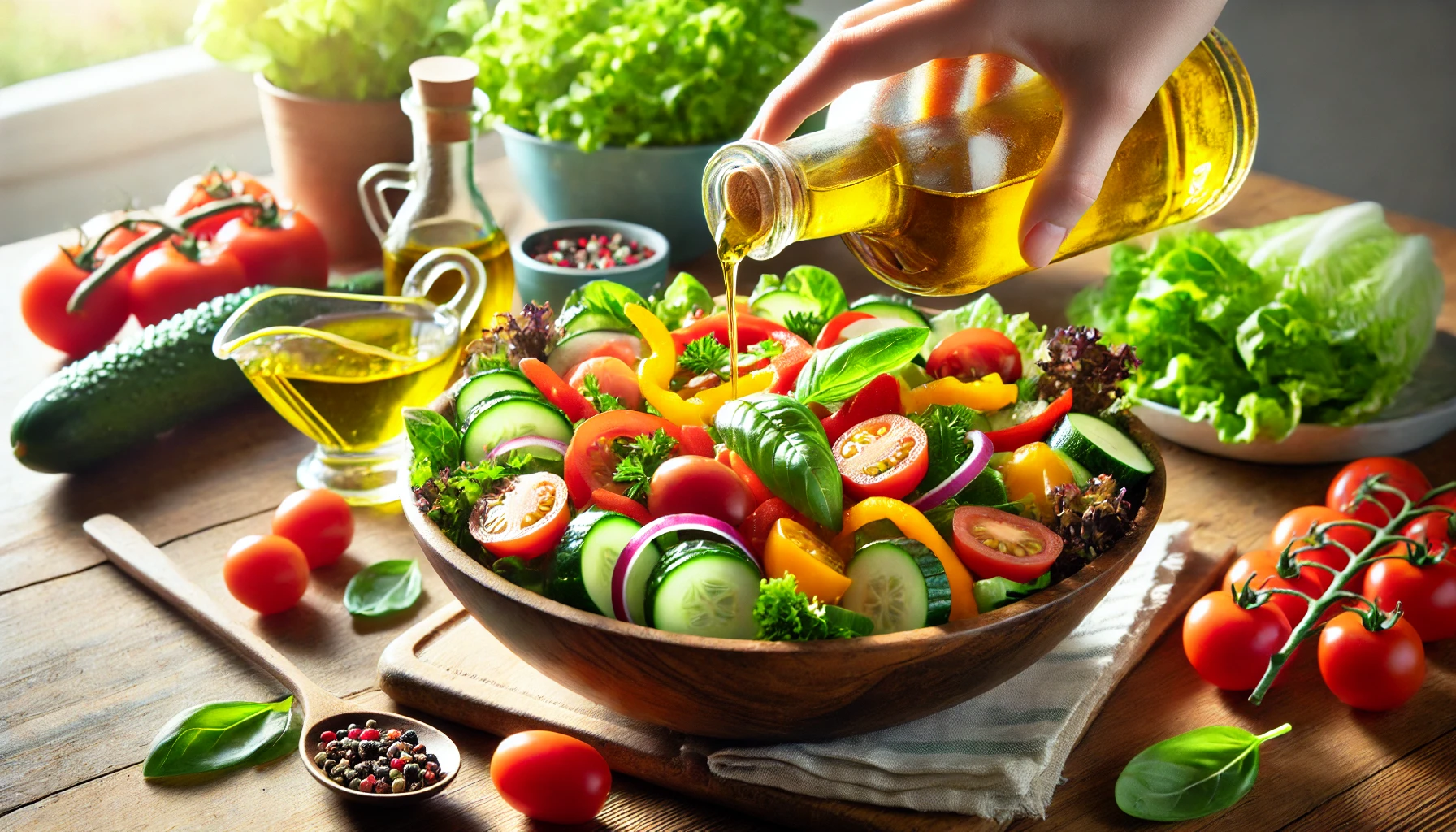
6. Adding Oil to Chopped Egg Salad
It is customary to add oil to chopped egg salad on Shabbat, even though this causes the egg pieces to slightly stick together. Some are stringent and place the oil into the dish first, then add and chop the eggs to minimize any concern.
7. Preparing Baby Cereal on Shabbat
If it was impossible to prepare baby cereal before Shabbat, it can be made on Shabbat with these modifications:
Change the order from the weekday practice. If the powder is usually added first, pour in the liquid first on Shabbat.
Mix with a shinui (unusual manner), such as shaking it in a bottle or stirring with a spoon in a crisscross (horizontal and vertical) motion.
Pour in all liquids at once to ensure the mixture does not momentarily become thick.
By understanding these detailed guidelines, one can uphold the holiness of Shabbat while navigating the practicalities of daily life with clarity and confidence.

